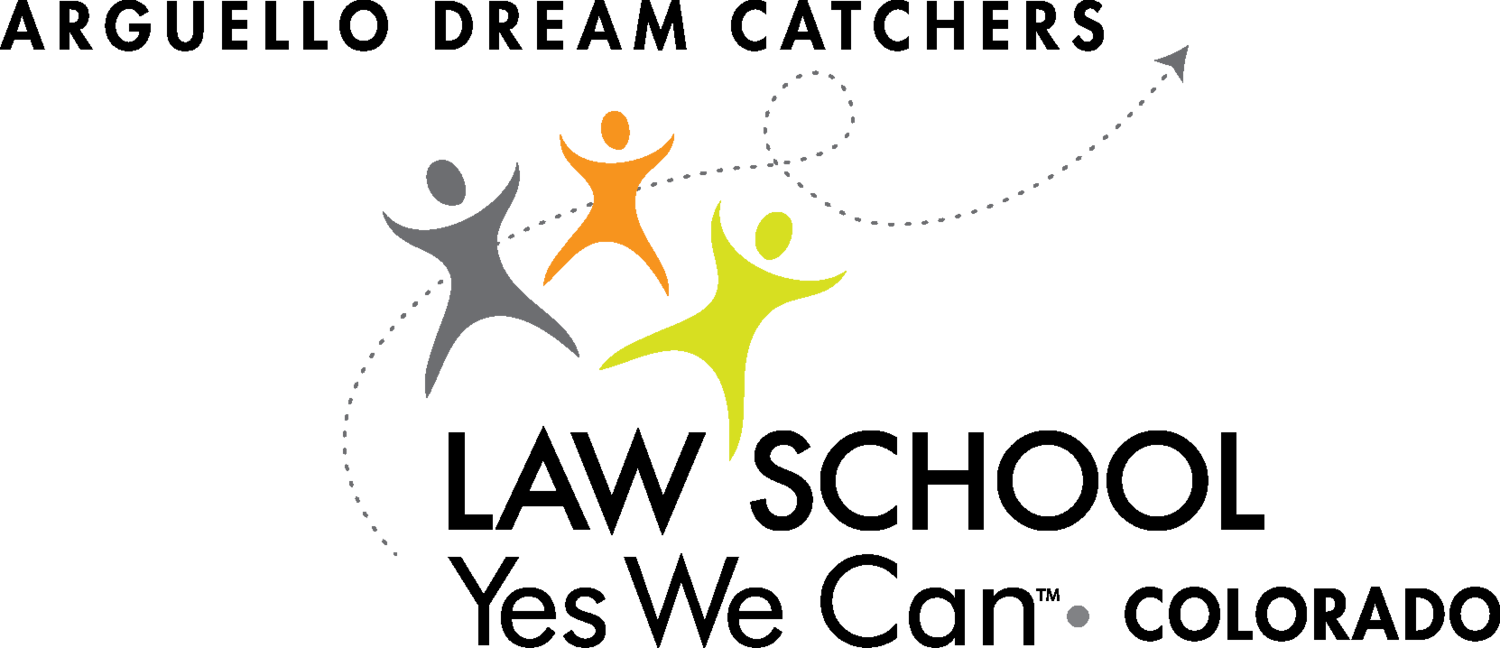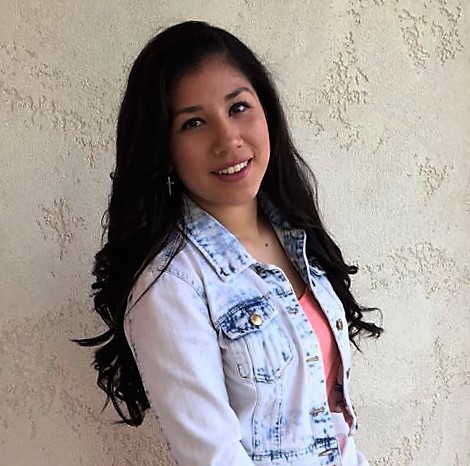BLOG | Adamari Alamillo
Uncertain Futures
June 1, 2020
Career options were limited. As for many first-generation kids, we grow up watching doctors, lawyers and teachers on the different forms of media we consume. I was a young child when I chose law and never questioned it again. Fast forward a few years, I am a freshman in college trying to choose a major that will enhance my abilities to attend law school.
Sophomore year, I have chosen psychology because it will allow me to understand societies and human interactions. A skill that will prove useful in law school and as a future lawyer trying to understand why someone would commit a crime and how to market their deserving forgiveness to a judge and jurors. I would be interning at the public defender’s office and was excited to learn how the system functions for migrants with criminal convictions. However, I spent every day in what seemed like a never-ending cycle of moral conflict. I felt like I was compromising some of my morals for others and never felt at ease with the balancing of this. Who was deserving of forgiveness and which victims deserved advocacy? I felt hypocritical. I ended the summer being convinced I no longer saw a future in law because my only interest had been in helping marginalized folk, but helping some meant hurting others, so I wanted no part of it at all.
I entered my junior year feeling anxious about the uncertainty surrounding my future. I felt as though I had no time left to figure things out. I had dedicated so much time and effort in pursuing law. I still felt the insecurity of being first-generation and not knowing what career options were out there. Not to mention, the new ones I had been exposed to such as consulting, software engineering, and academia seemed so daunting and out of reach. I was deep into my psychology coursework and found myself being excited even more by the material I was learning. Meanwhile, without the pressures of appealing to law school admission boards, I found myself being drawn to law-related courses and extracurriculars that fell in line with my morals and was engaging passionately, with a nuanced view developed from my previous internship and my psychology coursework.
My coursework led me to a psychological study focused on reducing recidivism for domestic violence offenders by instituting different interventions at a police-response level. I was stricken by the idea that psychology could be used in this way. After deep reflection on my interests and having spoken to various mentors, I am now hoping to pursue a joint PhD-JD degree where I will be able to intersect my interests in research and academia, social-cultural issues, as well as law in order to continue advocating for the abolition of prisons in order to begin rehabilitative reform that honors victims of crime but also provides resources for people to learn and grow.
Why LSYWC is Important to Me
July 2, 2019
I cannot recall the exact moment that I knew I wanted to be a lawyer, or why, but from a very young age this has been my response to the question, “what do you want to be when you grow up?” My dad likes to joke around and say it is because I like to argue. My parents don’t know what being a lawyer entails, they do not have family connections or friends in the legal world. Despite not having been raised with the social capital to form these networks, my parents’ support pushed me to be able to seek out the opportunities to create these networks for myself. Programs like LSYWC allow for first-generation students, who are disadvantaged from this social capital, to establish networks and receive the mentorship and support that we are worthy of having.
One of the blessings of being a part of LSWYC is that we will receive LSAT tutoring. As a sophomore, I had to decide whether I would be taking this course in the spring or summer, and at what point within a three-year timeslot. Being out of state, I was a worried about the logistics of participating in this course, as well as balancing it with meeting graduation requirements and being able to keep my hours at work. My mentors were very receptive to listening to me stress out over what to do and helping me create a game plan with things to-do in order to facilitate my decision. I was overwhelmed because I had to rearrange my academic plan to consider my abroad programs, LSAT studying, and summer internship opportunities. With help from my mentors, I turned a stressful situation into a journey of self-advocacy. I was able to find a solution to my worrisome decision of when to participate in the LSAT prep course while still being able to maximize my summer opportunities.
This summer I will be interning with the San Francisco Public Defender’s Immigration Unit. This is an opportunity that my university, Stanford, not only introduced me to but also gave me access to fellowships that allow me to have summer funding. Together, with Stanford’s aid, and the help of my mentors, I was able to pursue this internship. If it hadn’t been for one of my mentors, I would have never fully understood what a public defender was and applied for this internship. She invited me to watch some sentence hearings, explain what being a public defender is like, and the type of work that they do. I was also supported by another one of my mentors, who so graciously agreed to be a reference if needed. Throughout the application process, all of my mentors cheered me on and genuinely congratulated me once I received the position. I find comfort in knowing that throughout this upcoming summer, I will have a mentorship team to speak with and to reflect upon my experiences in the public defender’s office with and that I will continue to learn about the work that I am passionate about.
“Sí, Se Puede” is a phrase born of farmworkers, who, under the leadership of the UFW, César Chávez, and Dolores Huerta, fought valiantly for equal protection under the law. As a result of the efforts of the UFW, “Sí, Se Puede” has become well known as a call that engenders hope and inspiration in those who face similar battles. We thank the UFW, whom we acknowledge to be the sole and exclusive owner of the Trademark SI SE PUEDE, for granting us a limited license to use“Sí, Se Puede” in connection with our efforts to recruit, in Colorado, students of Hispanic or Latino descent for our law school pipeline program. For more information about the programs offered by the UFW, please see UFW’s webpage (www.ufw.org); UFW Foundation’s webpage (www.ufwfoundation.org); and UFWF’s immigration services webpage (www.sisepuede.org)



